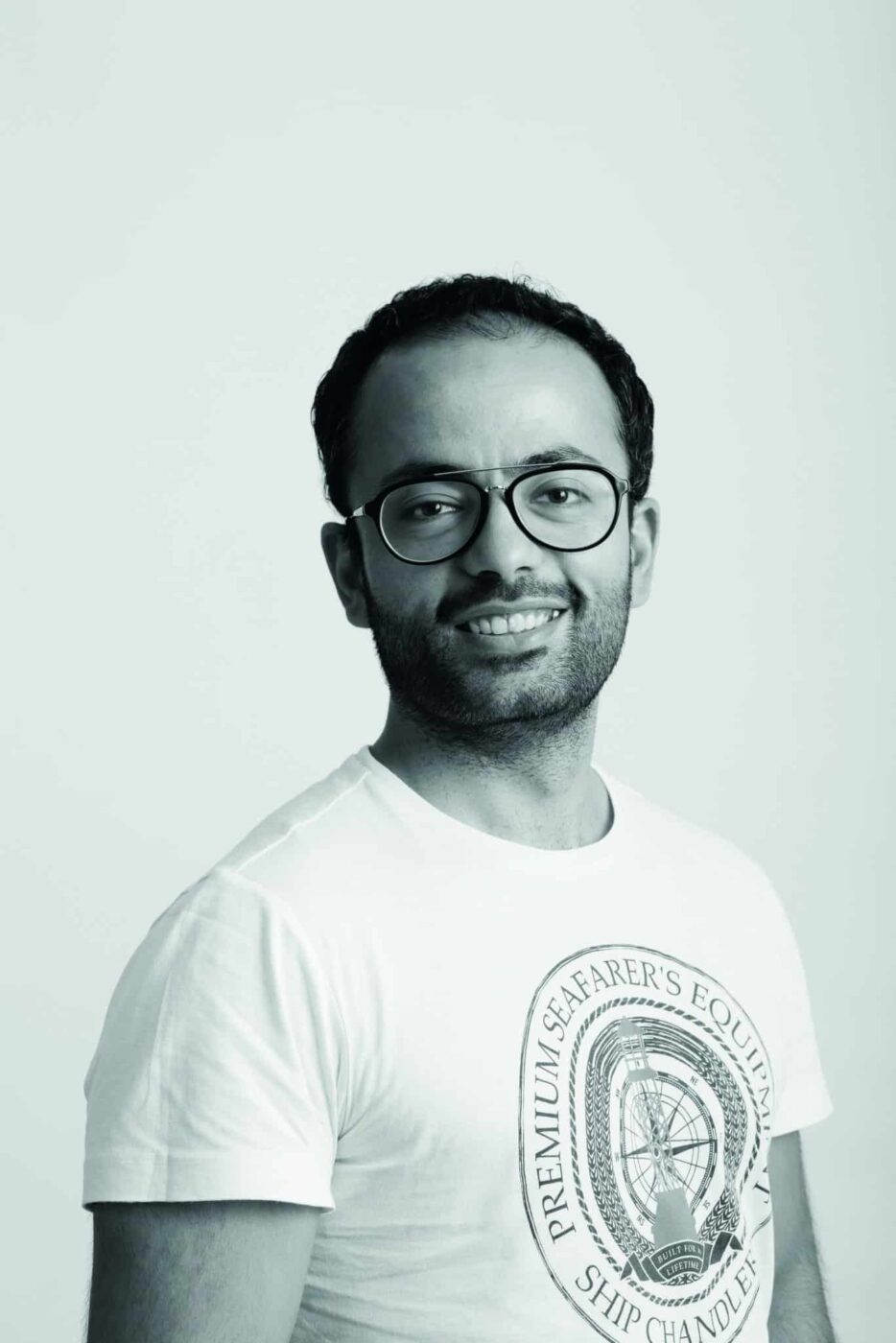The challenges of AI in healthcare

29 billion data-generating devices are expected to be in circulation by 2030. In the health sector, there are already more than 300 million of them worldwide. Many of these are medical or wellness devices that generate health data: mobile applications, connected bracelets, connected blood pressure monitors, connected scales, etc. The volume of data generated by these devices could grow by 36% every year between now and 2025. This data alone doesn’t really have any value. It is by cross-referencing, processing and analyzing them that we will be able to derive added value that will primarily benefit :
- Patients
- The organization of the healthcare system
- Health research players
- Healthcare industry
Artificial Intelligence (AI) has the potential to transform the entire healthcare sector (prevention, diagnosis, treatment, care coordination, improving the efficiency of the healthcare system, etc.). AI, which was a buzzword just a few years ago, is now experiencing a major boom, with use cases becoming concrete realities. Advances in AI have already begun to have a significant impact on the healthcare industry, and this is set to increase as the technology continues to evolve.
One of the main applications of AI in healthcare is the development of faster, more accurate diagnoses. AI algorithms can be trained to analyze medical images (X-rays, MRIs, scans), and detect anomalies that might be difficult to spot with the naked eye. For example, Evolucare has set up an OphtAI joint venture with Adcis on the use of AI in ophthalmology. The aim of the structure is to help healthcare professionals better detect and grade diabetic retinopathy.
In addition, AI can be used for predictive purposes, for example to predict treatment outcomes or to support healthcare professionals in making informed decisions. In the latter case, AI acts as a decision-making tool and, in some cases, can prevent the risk of error. Here we can cite the example of Posos, a company based in Amiens, which is developing an AI algorithm to prevent the risk of drug interactions and secure the drug prescription circuit.
AI can also be used to monitor patients’ state of health. Wearable devices such as smartwatches or health monitoring bracelets collect data on heart rate, blood pressure, respiration and other health indicators. This sensor-gathered data can then be analyzed by AI algorithms to identify early signs of health problems. This can help doctors monitor patients remotely and intervene quickly if necessary. This is the value proposition of Newcard, which is developing a tool for remote monitoring of chronic pathologies.
Startups and large companies in the healthcare sector have recognized the potential of AI and have begun to develop products and services that use this technology. However, it’s important to note that the use of AI in healthcare also raises security, data privacy and ethical concerns about their uses.
Companies must ensure that the healthcare data they collect is stored and processed securely, in compliance with applicable regulations such as the Health Information Privacy Act (HIPAA) in the US or the General Data Protection Regulation (GDPR) in Europe. Companies must also ensure that AI algorithms are transparent and ethical, avoiding potential biases and guaranteeing that results are explained in a way that is clear and understandable to users.
In conclusion, AI has the potential to transform the healthcare sector by enabling more accurate and faster diagnoses, helping to predict treatment outcomes and monitoring patients’ health status. But it’s important that startups and manufacturers in the sector work to secure this technology to protect the confidentiality and security of healthcare data.

